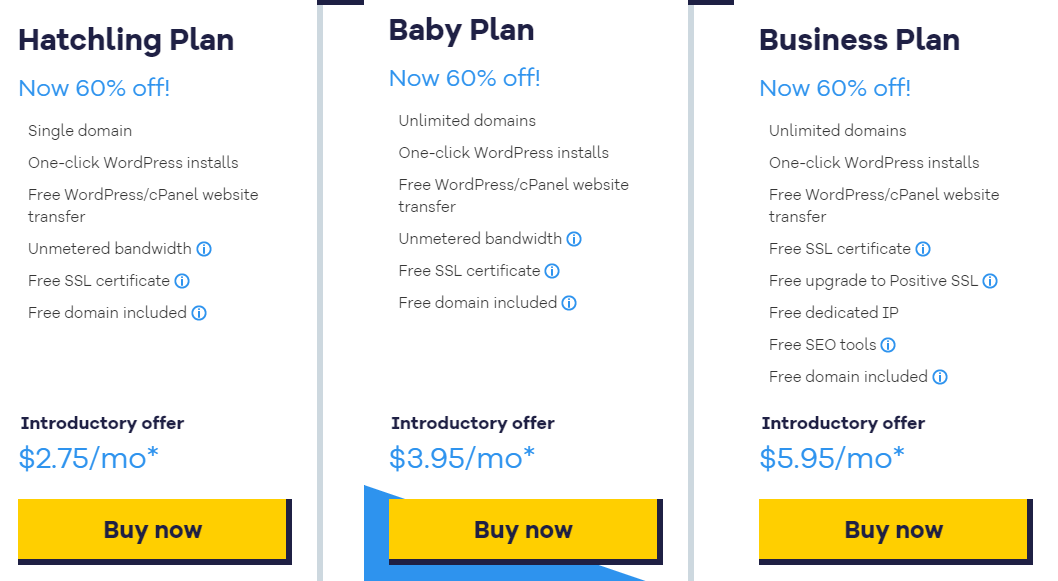How To Start Your Very Own Blog!

This article includes links for which we may receive compensation if you click. However, at no cost to you.
Anytime you try to google a topic, you’re more than likely going to find a few things. These things range from Wikipedia pages to videos. However, one staple of the internet that can always be found in blogs. Blogs are everywhere and are created for many different reasons. This website, for example, is a blog. However, creating and maintaining a blog is quite a bit of work. Therefore, there is a lot of information and knowledge you must acquire before diving into creating a blog.
Often times, I get asked what made me want to start a blog and how I learned everything. For me, it was simple. I wanted to start a blog so that I can learn finance while teaching people what I could. Furthermore, getting information was easy. All you really need is YouTube videos or blogs similar to the one you’re about to read. Therefore, it is important that you figure out an ironclad reason as to why you want to create a blog. As maintaining/creating a blog takes a lot of dedication, consistency, and willingness to learn. If you fit into this category, I will take you through the steps that I took when creating this blog that you’re reading now.
Pick Your Niche
Before you start anything, you need a plan. This is much like any other business. Most people who create a blog have the aspirations of making money off it. While this is possible and has the potential to earn you a lot of money, you need a plan first. Without a plan, you’ll be progressing in a non-linear manner. Having a plan with a to-do list will help ensure that you’re taking all the necessary steps towards your success.
Your first step within this plan is picking your niche. By this, I mean picking a topic that you’re interested in talking about. When picking a niche, you need to decide on a few things. First, are you knowledgeable about the subject? Second, are you genuinely interested in talking about this subject? Lastly, does your topic have the potential for high earnings? You can tackle these questions from any angle you like. However, the importance of each individual question is up to you. Some people don’t care about money and care mostly about creating content for themselves, others, or maybe a school project. While there is no wrong answer, there are definitely a few things to consider.
Out of the many topics that you can choose from when picking a niche, there are a few contenders that earn more money. This is due to a few reasons. First is that there are more affiliate programs and items that you can sell. The second is because certain topics are more popular. Therefore, you’ll have more readers/a higher potential for sales conversions. However, this does mean that there is more competition.
Now, you’re probably wondering what the top-earning niches are. In no particular order, the top niches seem to be health/fitness, personal finance, fashion, makeup, and lifestyle, to name a few. Furthermore, these topics that were just stated are in no particular order. Therefore, if you’re interested in any of the previously stated topics, you’ll have a higher potential to earn an income off your blog. This does not mean that you’re unable to earn a living off a less popular topic.
Related Articles
- 4 High-Return P2P Lending Platforms For Canadian Investors
- Highest Paying Trade Jobs In Canada
- From Hello To Hired: Breaking Through The Interview
Figure Out How You’re Going to Approach Your Topics
When creating a blog, you’re going to want to figure out how you’ll approach your topics. This can mean a few things. First, what is your writing style going to be? Are you going to speak to your audience in a first-person or third-person perspective? Figuring out your writing style and how you’ll address your audience is crucial to the success of your blog. Most people write their blogs in a first-person manner. This is the most ideal method. First-person is the most ideal because it allows the readers to feel connected with you. When speaking in the first-person, the reader will be more engaged because they’ll feel as if the author is talking to them. By doing this, you’ll have a more engaged audience which leads to repeat readers.
Decide On A Name
After you’ve created a plan, decided on a niche, and figured out how you’ll approach your readers, you need to think of a name. The name usually has to do with your topic or niche. For example, this blog has to do with investing and finance. Hence the name Wise Investments. Another example of this can be seen in the food blogging industry. For example, there is a popular blog named Pinch of Yum. Their name rolls off the tongue and perfectly encapsulates the industry they’re in. When you hear the name Pinch of Yum, you can assume that it has to do with food. Similar to Wise Investments, you can assume the blog talks about investing and personal finance.
One last thing to note is that you shouldn’t make the name too long. Try to keep your websites name to a maximum of three words. Anything else can be too long and cause a hassle for anyone trying to find your website. Furthermore, shorter names are easier to remember. However, it’s becoming increasingly hard to find short names, especially those that consist of one word. For example, some names will be taken. However, there are some domains that are listed as “premium”. Therefore, if you’re looking for a name that’ll likely drive a lot of traffic, you might have to pay up to tens of thousands of dollars. Keep this in mind when choosing and purchasing a domain name. Purchasing these domains can be done on sites like GoDaddy and HostGator (click any of the HostGator links and sign up for as low as $3/per month!).
Find A Host
Your next step is incredibly important. However, choosing the correct options can save you A LOT of money. Although, “a lot” is a relative term. What I mean by finding a host is a service provider that hosts and stores data from your website. This is a monthly service that comes in tiers and can be found quite easily.
As you can see from the picture above, HostGator (click any of the HostGator links and sign up for as low as $3/per month!) offers three separate programs with some notable differences. These differences range from only using a single domain to unlimited domains with SEO tools. While other web hosting software offers a similar product, there are a few things I want to point out. First, HostGator offers a free SSL (the lock in the URL bar that lets you know a website is safe) with an auto-renewing subscription every three months. While companies like GoDaddy do have free SSL, you have to auto-renew on your own accord. Furthermore, they offer the service with auto-renew for as much as $89.99 per year.
Some websites also offer WordPress hosting. You can opt-in for this. However, it tends to do a bit more expensive. From my experience, there isn’t much difference. This website is currently run on a basic hosting package and build completely in WordPress. For those who’re wondering, when you purchase the hosting package, you’ll gain access to something called a Cpanel. From there, you’ll be able to access WordPress and build your website. That is what I did to create this website which means that you’ll more than likely be able to do it as well.
Acquire A Website Template
Once it comes time to build your website, there are a few routes that you can take. First, if you’re proficient in coding, you can create your own website. This is probably the best route to go. By coding your own website, you can create a rich user interface that is highly customizable. You can make the website look exactly how you want it. Furthermore, you can make the website interact in the way you’d like.
While that may be the best and cheapest option, it’s not the only one. One of the most popular ways to create a website is to use templates. These templates can be free. However, many of them cost money. Some are relatively cheap, as low as $10. However, there are some templates that cost hundreds to thousands of dollars. These templates are extremely intricate, unique, and offer a lot of users. While these may be a generally good option, you should probably opt-in for the cheaper templates if you’re just starting out.
Start Writing
Now, it’s time for you to start writing. Just like any business, the hardest part is starting. Try your best to be consistent and release your articles on a weekly or daily schedule. If you want to be successful, try your best to be consistent and release engaging content that your audience wants to read.
The next article will be about how you can market and monetize your website so stay tuned for that.

Shameed is just a man on a mission to help those around him gain financial success. Obsessed with writing about all things finance, this GTA native is constantly learning and sharing his experiences with others.




